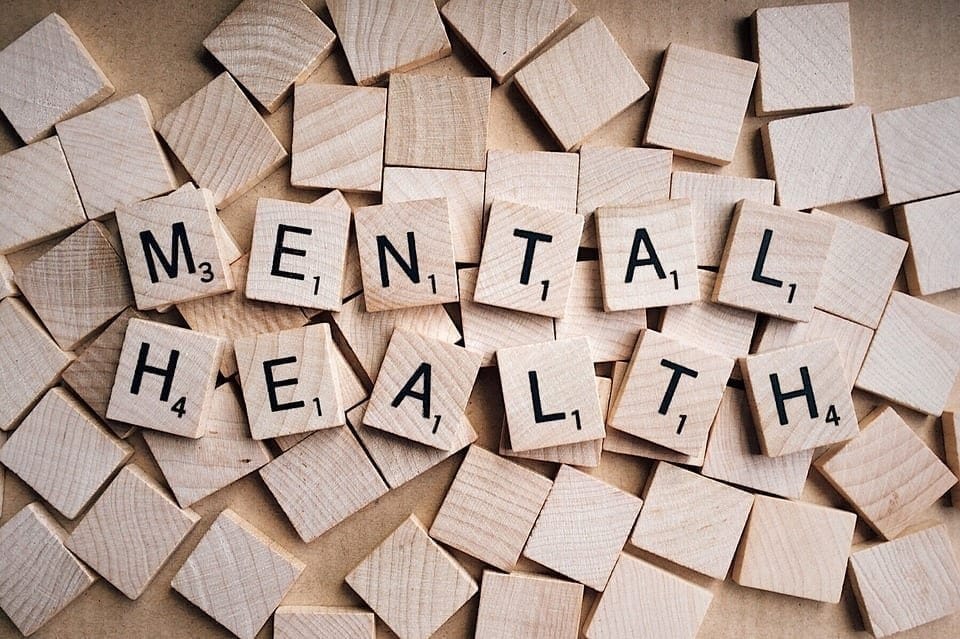Understanding Depression
Mental health is a topic that touches all of our lives in one way or another. At some point, you may encounter a friend, family member, or even yourself facing the challenges of depression. It’s vital to recognize the signs, understand the different types of mental health disorders, and know how to provide the right support. In this blog, we’ll discuss the signs that indicate someone is going through depression, the various types of mental health diseases, their symptoms, and how to deal with them in a compassionate and human-centered way.
Signs of Depression:
- Persistent Sadness: Imagine feeling like a dark cloud hangs over your head every day, a sadness that doesn’t seem to lift. Someone going through depression often feels this unrelenting sense of gloom.
- Loss of Interest: Think about all the activities you once loved – hobbies, socializing, or even watching your favorite shows. Depression can steal the joy from these activities, causing a profound disinterest in everything.
- Changes in Appetite or Weight: Consider the effect of significant changes in eating habits on one’s physical and emotional well-being. Depression can lead to overeating or, conversely, a loss of appetite, resulting in noticeable weight gain or loss.
- Sleep Problems: Imagine going to bed but not being able to escape the whirlwind of your thoughts. Depression often leads to sleep troubles, either insomnia or excessive sleeping.
- Fatigue: Think about how you feel after a long and exhausting day. For someone with depression, that feeling can be constant, as if they’re carrying the weight of the world on their shoulders.
- Irritability: Picture trying to cope with life’s everyday challenges, but every minor inconvenience feels like a massive obstacle. Depression often results in irritability and mood swings.
- Difficulty Concentrating: Recall a time when you were too distracted to focus on your work or studies. Depression can make even the simplest tasks feel overwhelming.
- Physical Symptoms: Consider the discomfort of dealing with unexplained aches, pains, headaches, or digestive issues, which can be physical manifestations of depression.
- Isolation: Think about how important your social connections are. Depression can lead to self-imposed isolation, where the person withdraws from friends and family, missing out on the support they need.
- Thoughts of Self-Harm: Imagine feeling so overwhelmed by despair that self-harm or suicidal thoughts seem like the only way out. These are serious red flags that demand immediate attention.
Types of Mental Health Disorders:
- Major Depressive Disorder: This is like the heavyweight champion of depression. It’s characterized by severe and persistent symptoms that can disrupt daily life.
- Persistent Depressive Disorder: Think of this as a persistent, but less intense form of depression, often lasting for at least two years. It’s like a constant, nagging raincloud.
- Bipolar Disorder: Imagine feeling the highs of mania, where you’re supercharged with energy, followed by the lows of depression. This is what bipolar disorder is like – a rollercoaster of emotions.
- Seasonal Affective Disorder: For some, seasonal changes bring a dark cloud. This disorder is like winter blues on steroids, affecting mood when the days get shorter.
- Postpartum Depression: After giving birth, many mothers experience the immense joy of a new life. However, some also face postpartum depression, where the weight of motherhood feels too heavy.
- Psychotic Depression: Combine severe depression with hallucinations or delusions, and you get psychotic depression, which can be profoundly disorienting.
Seeking Help:
Supporting someone going through depression is a profoundly human act of kindness. Here are some steps to do so:
- Talk to a Professional: Gently encourage them to speak to a therapist or psychiatrist. It’s crucial for an accurate diagnosis and treatment plan.
- Create a Supportive Environment: Be there to listen without judgment. Make them feel safe to open up about their feelings.
- Medication and Therapy: Sometimes, a combination of medication and therapy can provide the best results. Support their choices, whatever they may be.
- Lifestyle Changes: Encourage them to adopt healthy habits – regular exercise, a balanced diet, and adequate sleep can make a significant difference.
- Social Support: Ensure they have a strong support network. Sometimes, just knowing there are people who care can be a source of comfort.
- Crisis Hotlines: In emergencies, such as severe suicidal thoughts, don’t hesitate to reach out to crisis hotlines or seek immediate medical assistance.
Mental Health Quote
“Being able to be your true self is one of the strongest components of good mental health.”
In conclusion, depression affects millions of lives worldwide, and it’s essential to understand and address it with empathy and compassion. By recognizing the signs, understanding the different types of mental health disorders, and offering the right support, we can help those suffering find the light at the end of the tunnel. Depression can be a formidable adversary, but with the right support and treatment, it’s a battle that can be won.
Read more Blog
Discover more from Digital Wisdom Hub
Subscribe to get the latest posts sent to your email.


